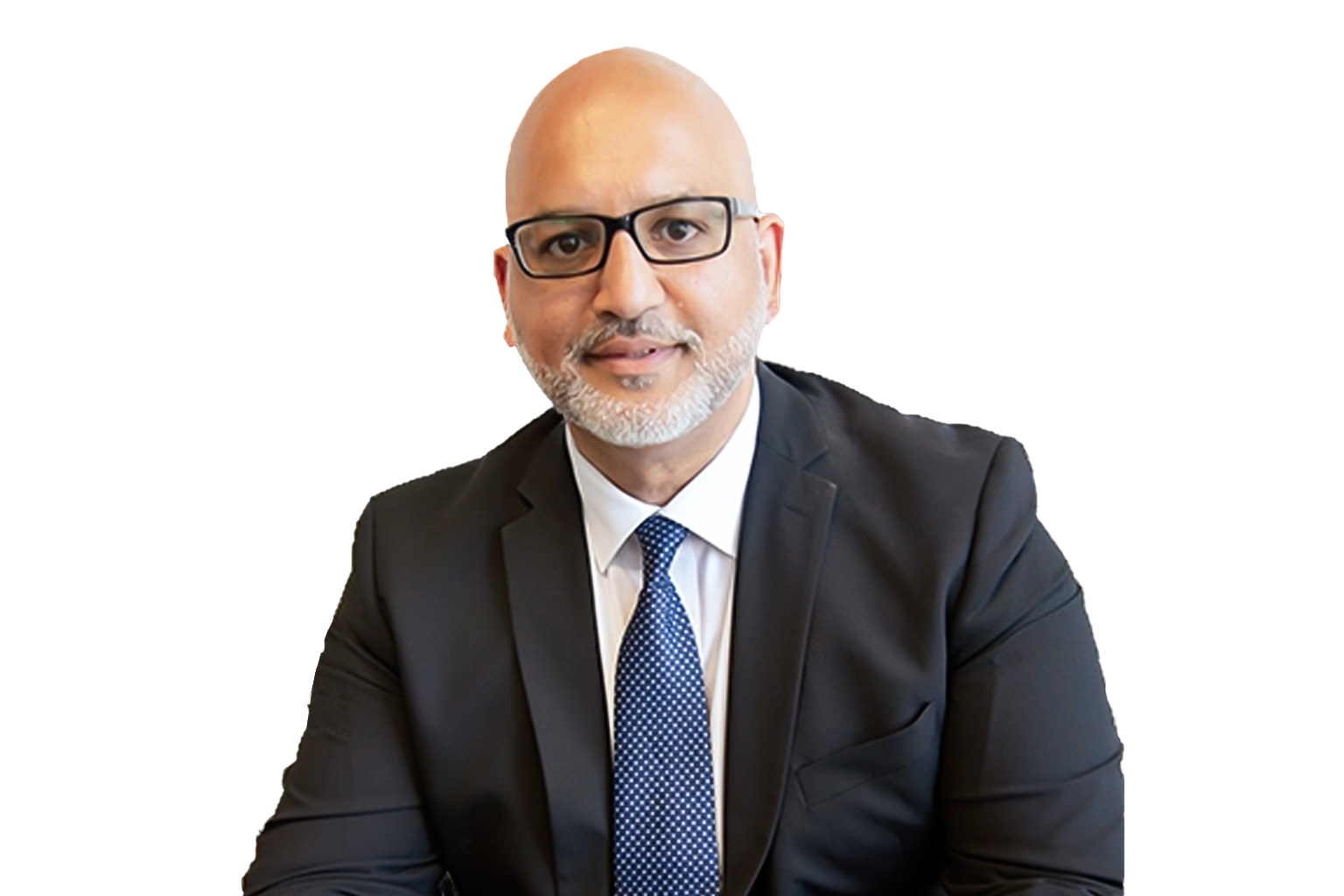- About Us
- Services
- Services for People
- Immigration
- British Nationality Law
- Asylum
- Appeals
- Civil Injunctions and Neighbour Disputes
- Civil Partnership Dissolution
- Entry Clearance
- European Applications
- Financial Settlement
- Global Talent
- Negotiated Resolutions
- Out of Court Settlement
- Overstayer
- Partner Visas
- Permitted Paid Engagement Visa
- Private Life Applications
- Sports Visa
- Student Visas
- Temporary Workers
- Ukraine Family Scheme
- Family Law
- Estate Planning
- Clinical Negligence
- Conveyancing
- Human Rights
- Professional Negligence
- Sharia Law Divorce
- Criminal Defence
- Wills & Probate
- Employment Law
- Medical Negligence
- Housing & Property Law
- Resolving Disputes
- LGBT Community
- Immigration
- Services for Business
- Corporate Immigration
- Acquisition of a business
- Abduction in a Foreign Jurisdiction
- Charity Law
- Clinical Negligence
- Commercial Conveyancing
- Corporate Law
- Debt Recovery
- Detention and Bail
- Employment Law
- Estate Planning
- Financial Settlement
- Human Rights
- Litigation
- Money Laundering
- Motoring Offences Fees
- Negotiated Resolutions
- Out of Court Settlement
- Permitted Paid Engagement Visa
- Probate Pricing
- Professional Negligence
- Resolving Disputes
- Sponsor Licence
- Start-Up Visa
- Tax Evasion
how can we help ?
- Services for People
- Our People
- Insights
- Careers
- Contact Us




